Some attorneys exclusively recommend will-based estate plans, while others lean strongly in favor of trusts. Which type of plan you use depends on your particular circumstances as well as your comfort level in assigning your assets to a trust during your lifetime.
How does each type of plan work? Both will-based and trust-based estate plans direct your assets at death, provide for guardianship of minor children, and provide for the payment of debts and taxes after your death. The difference is that trusts take effect during your lifetime and are administered by a trustee outside of probate, while a will takes effect only after death and is administered through the probate court process. Both have advantages and disadvantages.
In general, a will-based plan is quicker, easier and less expensive to set up on the front end, but requires more time and effort for the administrators of your estate down the road. Trusts are more costly and time-consuming to set up, but done correctly, trusts are seamless to administer on death or incapacity.
Here are some other considerations:
Privacy.
Trusts offer greater privacy since they don’t go through probate, which is a public process. They also provide more control over asset distribution and management, allowing you to specify how and when assets should be distributed to beneficiaries (especially useful in blended family situations or situations involving remarriage).
Administration.
Trusts bypass probate, so assets pass seamlessly through the trust for the benefit of your beneficiaries rather than going through the probate court process. In Connecticut, the probate court process can take anywhere from 12-15 months on average.
This does not mean that you will be able to avoid the probate process entirely. In Connecticut, at the very least, a tax purposes only proceeding must be filed for purposes of filing an estate tax return and to report the non-probate assets.
Additionally, trusts provide for the handling of your assets and bills during any period of incapacity, which is almost just as likely as death. Your incapacity trustee can handle your bills, gain access to bank accounts, and manage your assets during your incapacity.
Another consideration is that wills are commonly subject to will contests in probate court by disgruntled beneficiaries. Trust documents are much harder to attack because the trust is managed continuously through a designated trustee according to the trust terms. This continuous management which occurs outside the walls of probate court tends to deter disputes.
Possible Estate Tax Minimizing.
Estates exceeding the Connecticut and Federal estate tax exemption are subject to state and federal estate taxes. For decedents dying in 2024, exemptions are $13.61 million per person ($27.22 million for married couples). Unless Congress acts, this rate is set to sunset back to approximately $7 million at the start of 2026. Trusts can be a valuable tool in minimizing estate tax liability because trusts allow for flexibility and can help to ensure that both spouses in the case of a married couple are able to utilize the full estate tax exemption amount.
Estate taxes are not to be confused with probate court fees. In Connecticut, the probate court fee is assessed based on the entire gross estate, including both trust and non-trust assets.
Handling Property Outside Connecticut.
If you own property outside of Connecticut, this generally requires the opening of an ancillary probate proceeding in the state where the property is located. A trust-based plan can avoid this ancillary probate process by re-titling the property in the name of the trust.
Protecting Assets from Creditors / Planning for Receipt of Government Benefits.
Careful irrevocable trust planning can help protect your assets from creditors and lawsuits. Certain types of irrevocable trusts can be used to help you qualify for Medicaid benefits, to shield assets from Medicaid estate recovery after your death, and to supplement benefits received by individuals with disabilities.
There is no one-size fits all approach to estate planning.
When the federal estate tax exclusion was low (only $1,000,000 in 2001), trust-based planning was the gold standard for most families. Today, especially in states such as Connecticut where the probate court process is comparatively user-friendly, wills can be a cost-effective and appropriate estate planning tool.
Contact Sullivan Estate Law today to discuss your estate planning needs.
